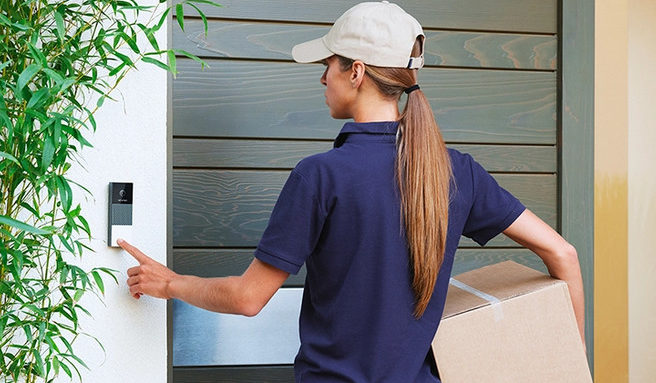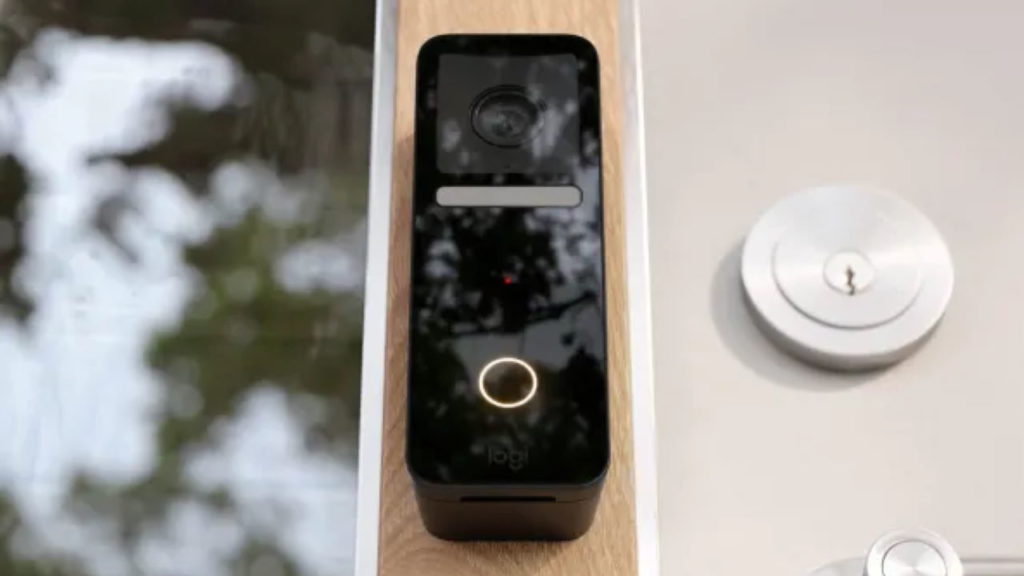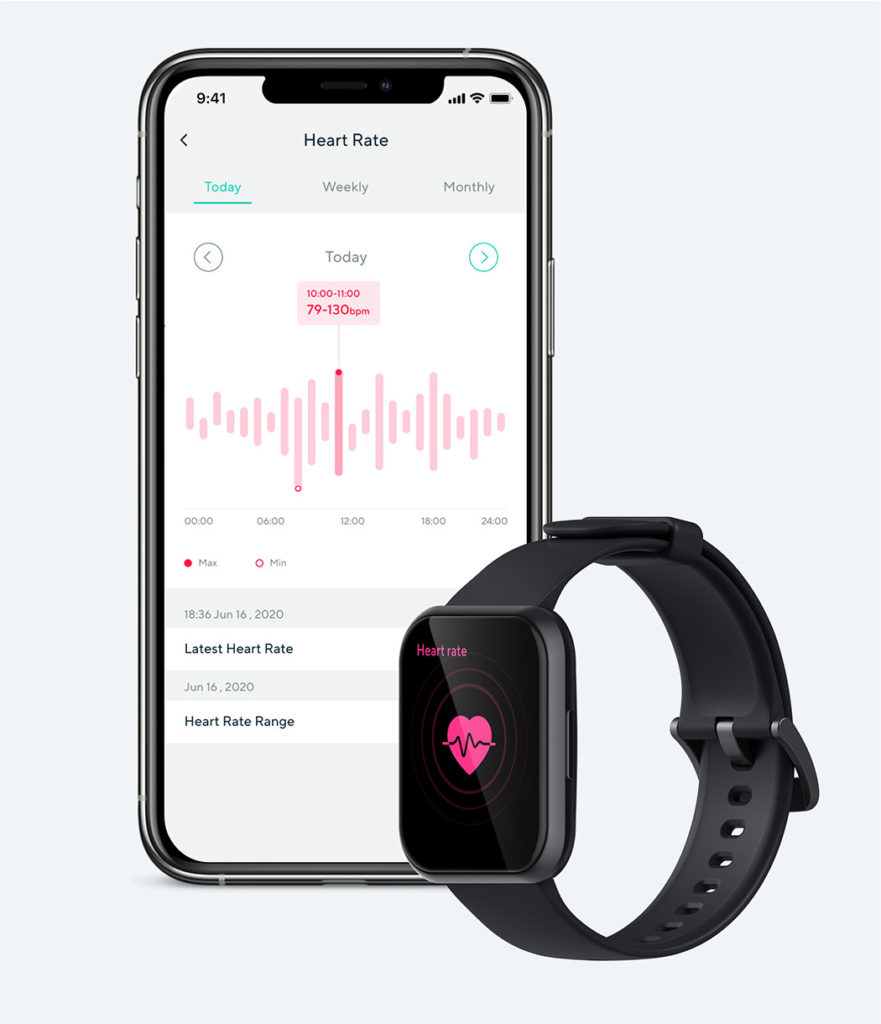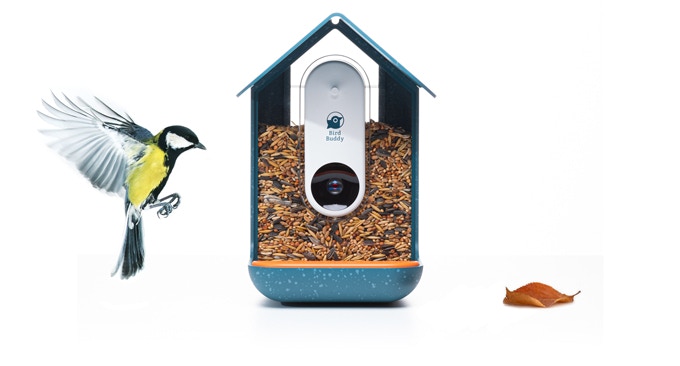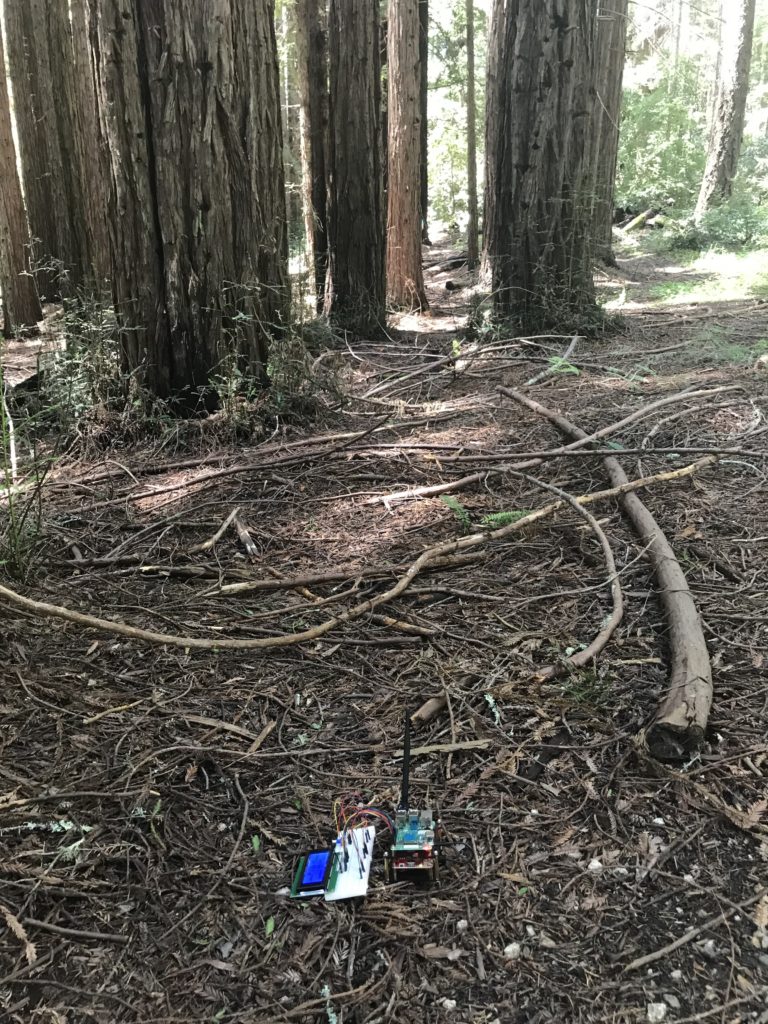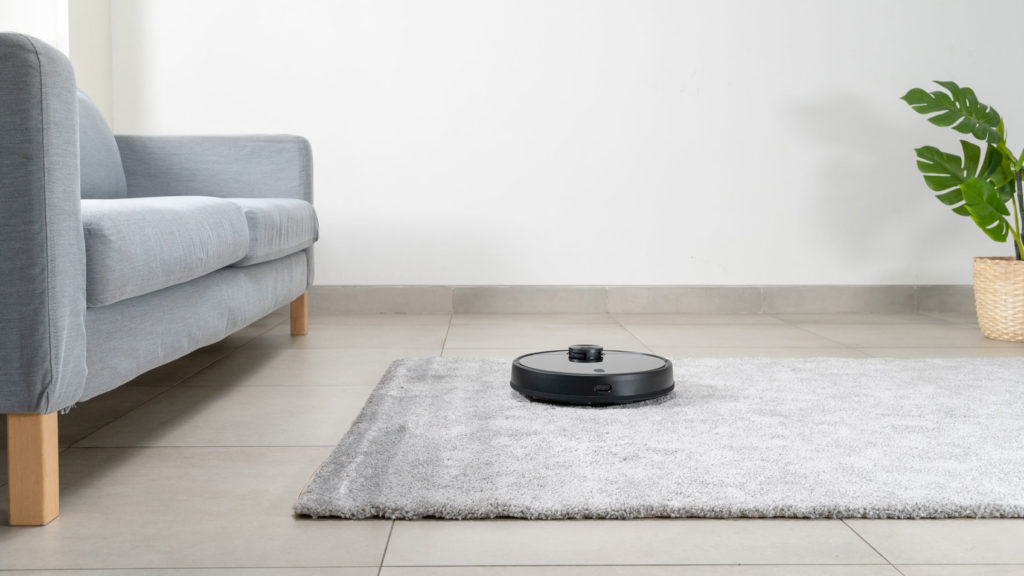This week Kevin and I discuss Allegion’s acquisition of Yonomi, and what it means for those of you using the cloud service or consumers using the app. We then turn to a mention of the rebranding of GE Lighting after its acquisition by Savant last summer before talking about Singapore’s about-face on the use of contact-tracing app data by police. Also on the police front, the FBI is warning consumers and police departments that hackers are getting into poorly protected smart home security systems and using them to call police to homes. From there we cover new modems, new capabilities for a Google device, a leak about Tile trackers, and a potential sleep apnea-tracking device from Amazon. Then Kevin shares what we want to see at CES and I share my thoughts on the Ring Mailbox sensor. We end by answering a question about fall detection devices for the home.
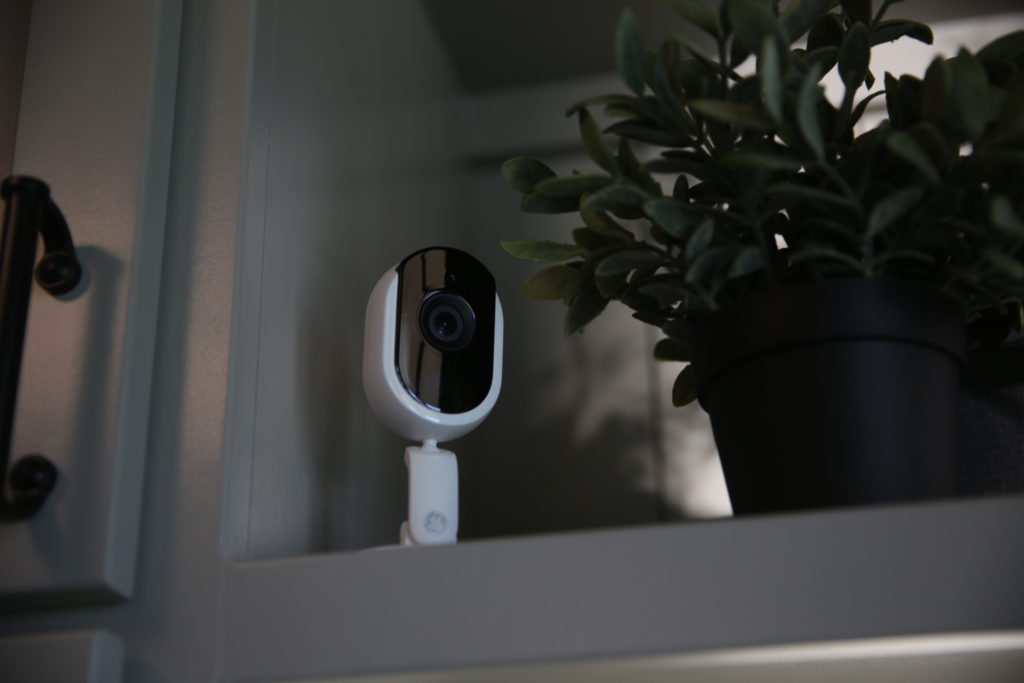
Our guest this week is Paul Williams, general manager of product management & growth at GE Lighting, a Savant company. He shares the rationale behind the new Cync brand, the decision to add a security camera to the lineup of GE Lighting devices, and the thinking behind a new app planned for March. Williams also talks about other devices and how the Cync devices will and won’t tie into the Savant professional brand of products. I’m excited about the details the future Cync app will borrow from Savant, and can’t wait to see it. We end with his insights on what Project CHIP will and won’t mean for device makers. Enjoy.
Hosts: Stacey Higginbotham and Kevin Tofel
Guest: Paul Williams, GE Lighting, a Savant company
Sponsor: Calix
- What changes after Allegion’s purchase of Yonomi
- Please secure your IoT devices, y’all
- Google, Apple, and Amazon all have new devices with new wireless sensing
- Thanks to Savant C by GE is now Cync
- What a GE Lighting exec thinks about Project CHIP
Podcast: Play in new window | Download | Embed
Subscribe: RSS

